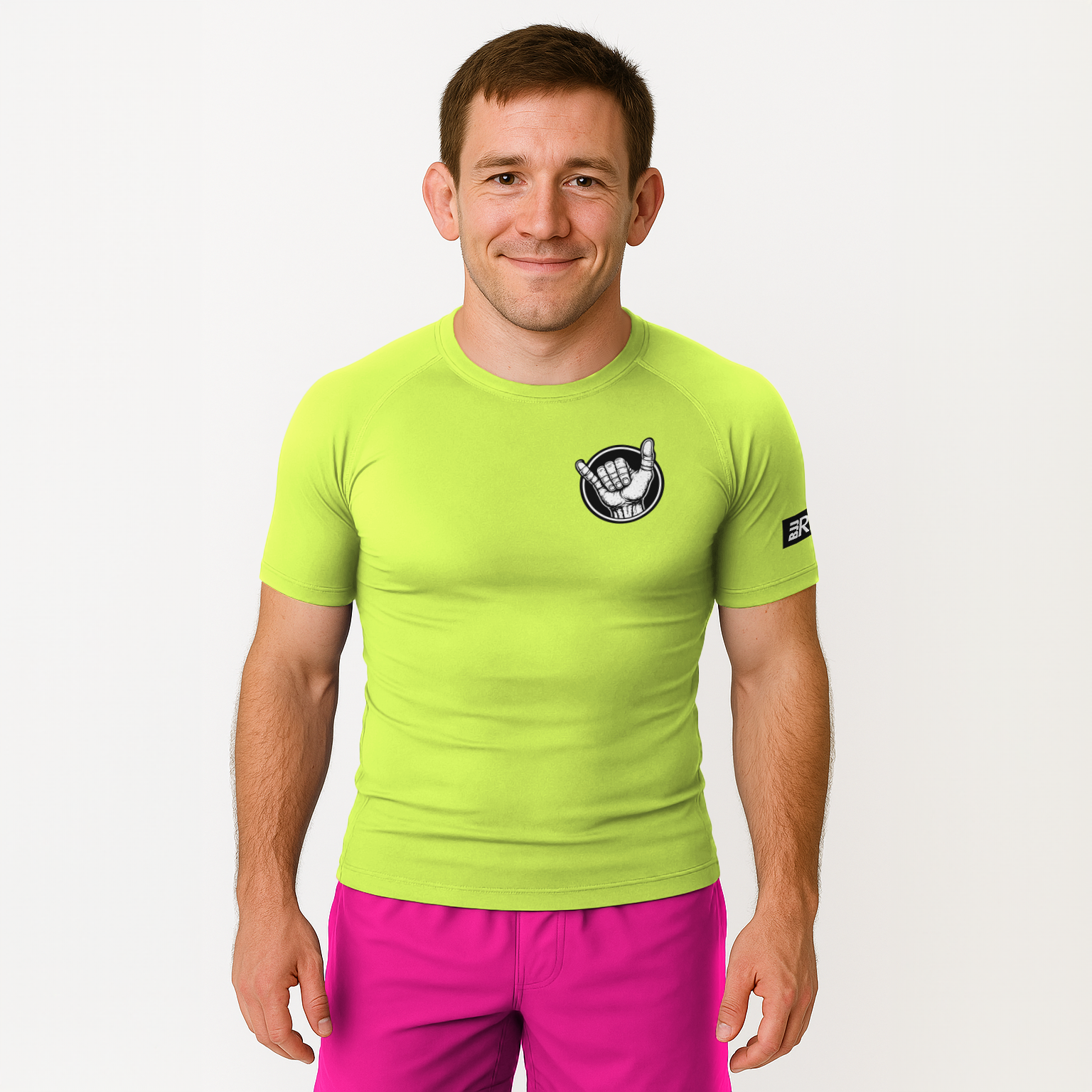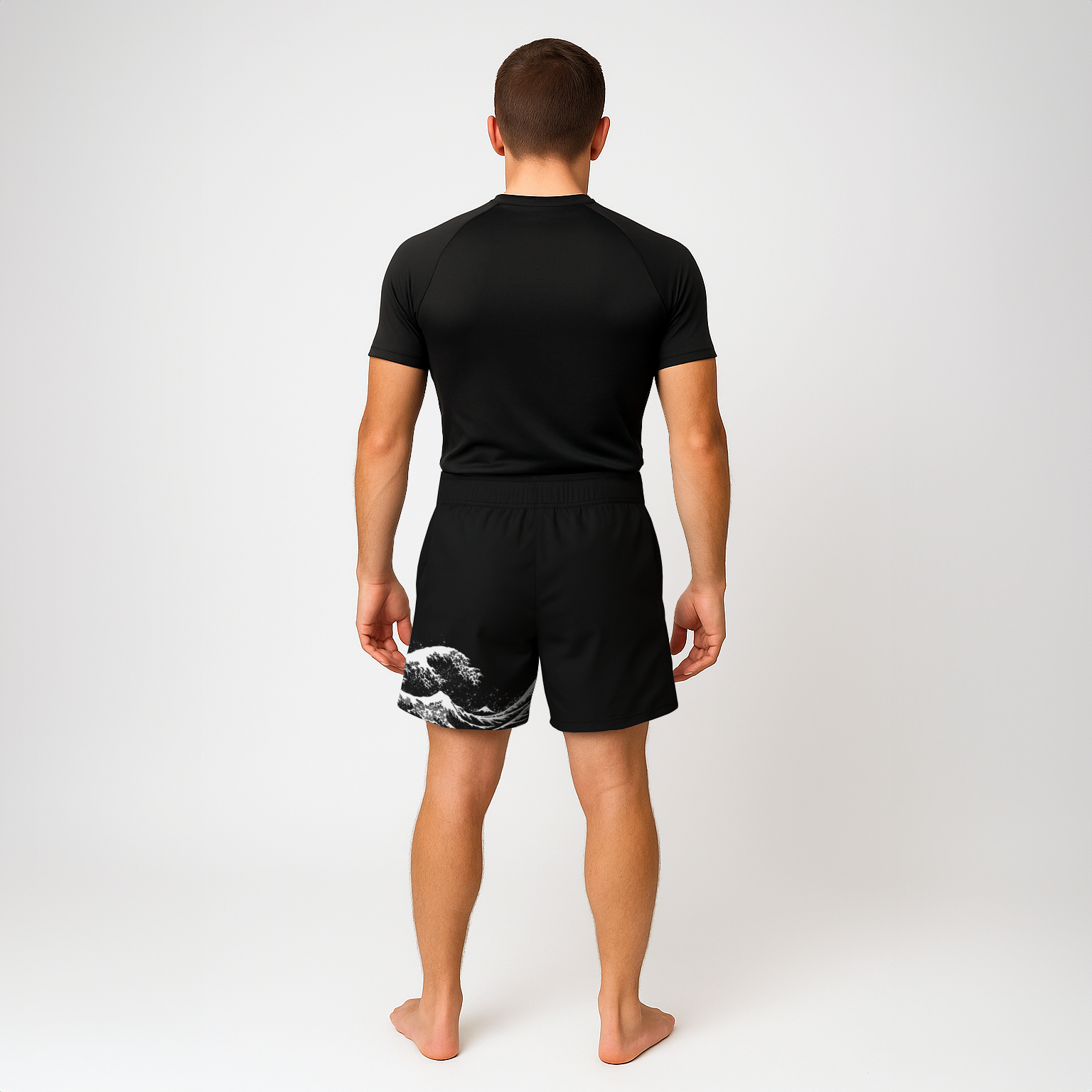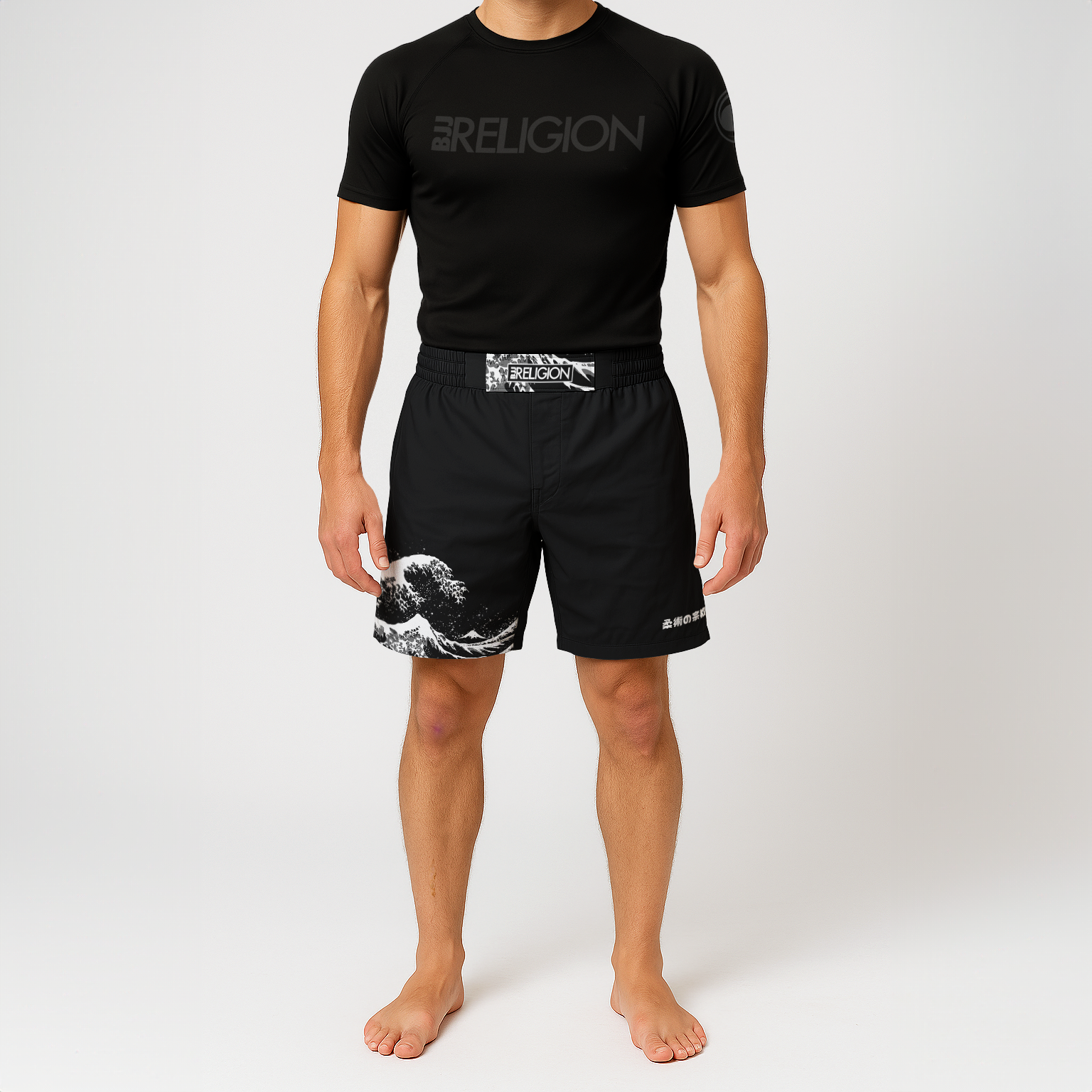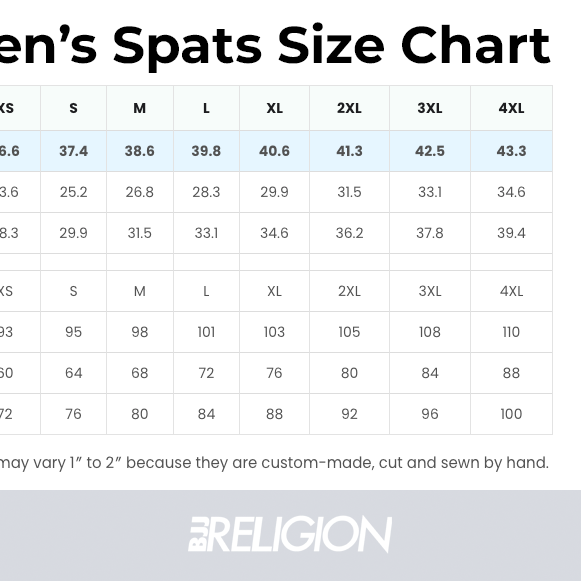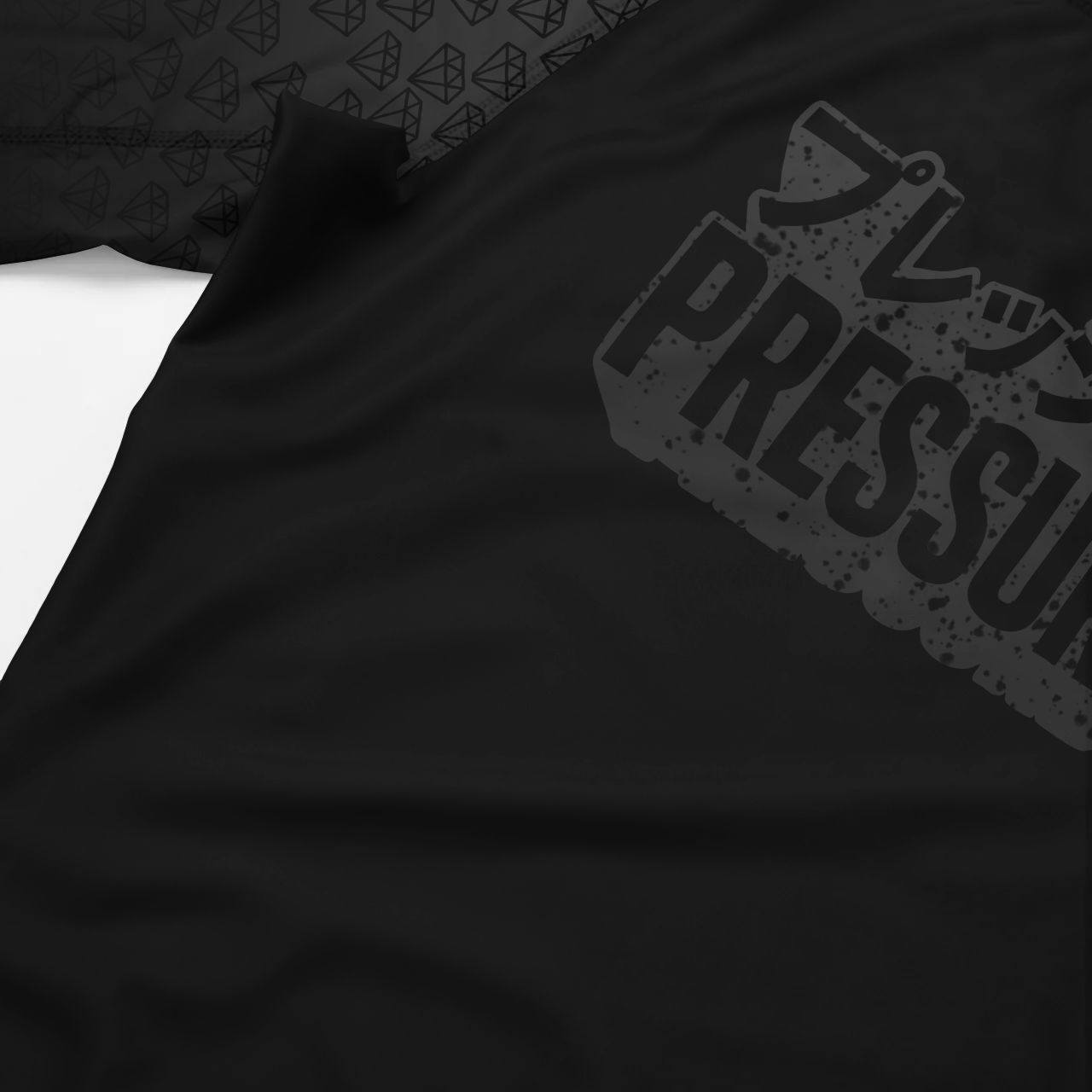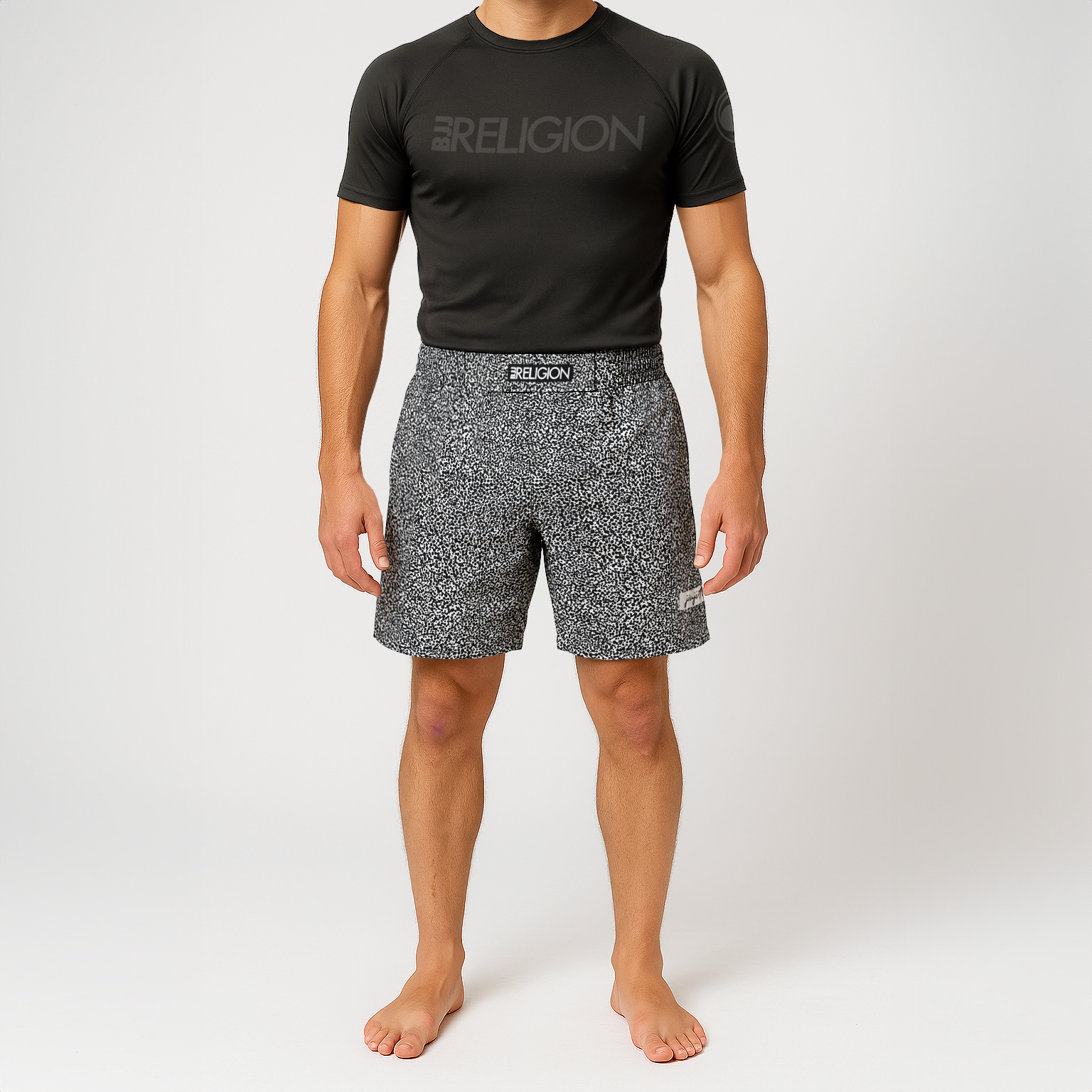The Best BJJ Curriculum: does it exist?
 If you train at the average BJJ gym, you show up, the instructor shows a move or series of moves, you drill them, maybe positional spar, then go live with rolling.
If you train at the average BJJ gym, you show up, the instructor shows a move or series of moves, you drill them, maybe positional spar, then go live with rolling.
But is this really the best or only way to run a BJJ class?
Unfortunately, this structure is dated at best and does not make a whole lot of sense compared to most other learning activities which have some degree of curriculum associated with their teaching methods.
Having trained at many different BJJ schools over the years, I have experienced the difference in skill development that happens with a structured curriculum compared to a more lackadaisical approach to BJJ pedagogy.
In this article, I’ll discuss the major issues as I have seen them with the lack of BJJ curriculum before discussing a few potential shortcomings with the curriculum-based model.
For simplicity’s sake, I will refer to BJJ gyms without curricula as “typical BJJ gyms,” but I do acknowledge that many gyms are developing a true curriculum, so eventually, the non-curriculum gyms will not be “typical” – I hope.
Here we go!
The “Typical” BJJ Gym
While some gyms have a dedicated beginner curriculum, far too often, a gym will have several different coaches who handle the various classes.
Depending on the specific coach’s background, they typically focus on moves that are personally good at or have a good understanding.
More accomplished coaches will have more moves to show you with better details on each.
However, the lower ranked or lesser skilled coaches may or may not have clear direction on what to teach, and often rely on “fundamentals” such as closed guard moves.
The problem is, if they do not have the details down per a higher ranking or more experienced coach, the students do not learn the nitty-gritty components that make fundamental BJJ actually work on resisting opponents.
Don’t get me wrong, students can get very good provided they consistently show up to these classes.
But, over time, you will have broad discrepancies in student knowledge of different positions and submissions.
Furthermore, the mish-mash approach to showing techniques slows student development over time.
Think about it, if you show up to class every day of the week and learn a different move each time, you will probably have an additional 5-6 moves that you really can’t perform.
Put it simply, a lack of clear organization will delay you from getting specific moves into your arsenal.
It’s like showing up to math class every day but learning addition one day, calculus the next, then going to subtraction, division, and finally finishing the week with trigonometry.
In essence, no respected teaching method follows this approach, except in BJJ.
BJJ Gyms with Clear Curricula
 Compare the “typical” gym to a more developed gym with an intelligent curriculum development.
Compare the “typical” gym to a more developed gym with an intelligent curriculum development.
At its simplest, a good curriculum may just mean all coaches focus on a specific series across a week or even a month.
While you might learn variations or different details depending on the opponent’s reaction, the overall flow of the moves will be the same and work together cohesively.
Assuming you complete the series of classes focused on that move, you should have the overall steps down as well as a few variations based on the common reactions you get from opponents when attempting these moves.
A more complicated curriculum might involve very specific techniques or series that students must demonstrate to receive their next promotion.
Although no two BJJ players will have identical technique, this highly developed curriculum method ensures that students theoretically do not lack fundamental knowledge as they advance through the ranks.
At lower ranks, the ability to submit a given opponent does not mean you have the basics down, and you can still be missing very fundamental aspects of BJJ even as you begin tapping better opponents.
Don’t get me wrong, you will still have ‘non-curriculum students’ who are better than ‘curriculum students’ at the same belt level.
However, it has been my experience that schools with clear cut guidelines on what the coaches will teach generally results in more technically-sound students across all belt levels.
The downsides of BJJ curriculum
Although I am generally a proponent of BJJ curricula, there are some downsides that can happen when schools are very curriculum heavy.
Coaches are forced to teach moves they may not be as good at
If a lower ranking coach is tasked with teaching a specific move, there is a chance they may not actually be proficient enough to make that move work in live rolling.
This is especially true when mid-skill coaches such as high blues and purple belts join a new school with dedicated curriculum and end up coaching.
Ideally, a curriculum-coach will have a lot of experience with that specific method and technique series – but this is not always the case and results in coaches lacking the fine details that make a move work.
Students become linear in their game
A curriculum based BJJ class is only as good as the underlying curriculum. If the curriculum is too linear or does not address the fact that certain moves are better for certain body types, it can limit rather than help student growth in the martial art.
The curriculum becomes cult-like
One thing I’ve noticed in my six years on the mat is that schools with hyper-specific curriculum can result in students thinking that is the only ‘correct way’ to learn BJJ.
I notice this especially with students who only have exposure to one gym.
When it comes to being a well-versed and effective BJJ artist, this can become problematic.
The best BJJ curriculum: the bottom line
Ultimately, sticking with BJJ for years is the only route to mastery, even if your school has the greatest BJJ lesson plan in the world.
While I do recommend finding a gym with dedicated curriculum if your goal is to maximize your development.
However, I believe it’s far more important that you like your coach, training partners, and gym culture and environment, even if there is not a serious focus on specific curriculum.
At the end of the day, BJJ is supposed to be fun.
Getting better quickly at BJJ is certainly rewarding, but if you hate your gym and coaches, the best curriculum won’t be worth much to you.















